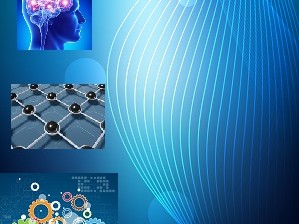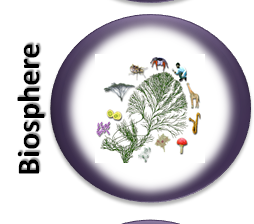Tag Archives: cognitive modeling
24 Feb Intro to the End of Code
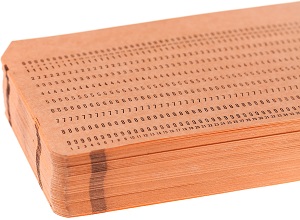
By: Joe Roushar – February 2013 In the Beginning When computer programming began, it consisted mostly of written computer instructions called code. Data was minimal. Decks of dozens to hundreds of punched cards told the computer what to do with the data, which was also encoded on punched cards. The process of writing and debugging code was tremendously tedious. As computing […]
19 Jan Theories on Microtubules’ Function in Thought
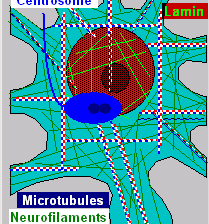
Microtubule Functions Continuing to look inside neurons for the knowledge storage and processing mechanisms, let’s consider what Microtubules do. Microtubules serve many clearly identified functions. These functions include acting as structural members of the cytoskeleton, providing cellular orientation, and guiding membrane and cytoplasmic movements. In addition to these known functions, there is evidence that suggests […]
27 Dec Microtubules
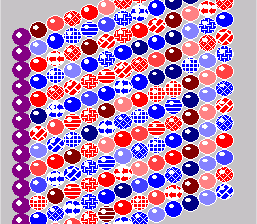
Microtubules Neurons have hundreds of MT distributed in the soma and in the axon and dendrites. Microtubules, like IF, are filamentous organelles that form the cytoskeleton of neurons. Their cylindrical, composite polymers comprise part of the cytoskeletal infrastructure of cells. Their cylinders are long, and they possess a distinct polarity. Their surfaces are composed of spherical tubulin in columns […]
25 Dec Myelin Sheath Function: Insulators
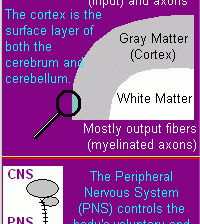
Glial Cells Gray matter / white matter… what really matters? Glial cells form a white myelin sheath around axons and function as the nervous system‘s supporting actors. They are more numerous than neurons – there are over 100 billion neuroglia, many wrapped around the efferent (output) fibers of each nerve cell. They support impulse conduction by […]
24 Dec Neuron Components and Cybernetics
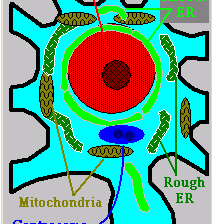
What About Cybernetics? The properties of subcellular neuron components, also known as organelles, are important to this research because they might contribute to the information acquisition, storage, accessing and maintenance systems of the brain. I plan to further discuss the reason for separating storage and maintenance in a post in the section on cognition. These […]
03 Dec Language Expressiveness

Expressiveness Human languages are eloquent vehicles for giving form to the motion of the human mind. They provide symbol-rich expressions for our thoughts and communications. Language is dynamic and defies circumscription. Yet, it is circumspect; it is also useful and extremely beautiful. To comprehend is to begin to capture that beauty. The expressiveness of language […]
01 Dec Robot Neurons: Analog versus Digital
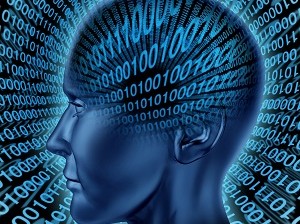
Digital is basically black and white: 1 is yes and 0 is no or vice-versa. Yet our world is full of other colors. We can efficiently use digital devices to stretch arbitrary numbers of 1’s and 0’s together to represent a virtually infinite degree of possible values. Yet there are places where exactly two values may […]





